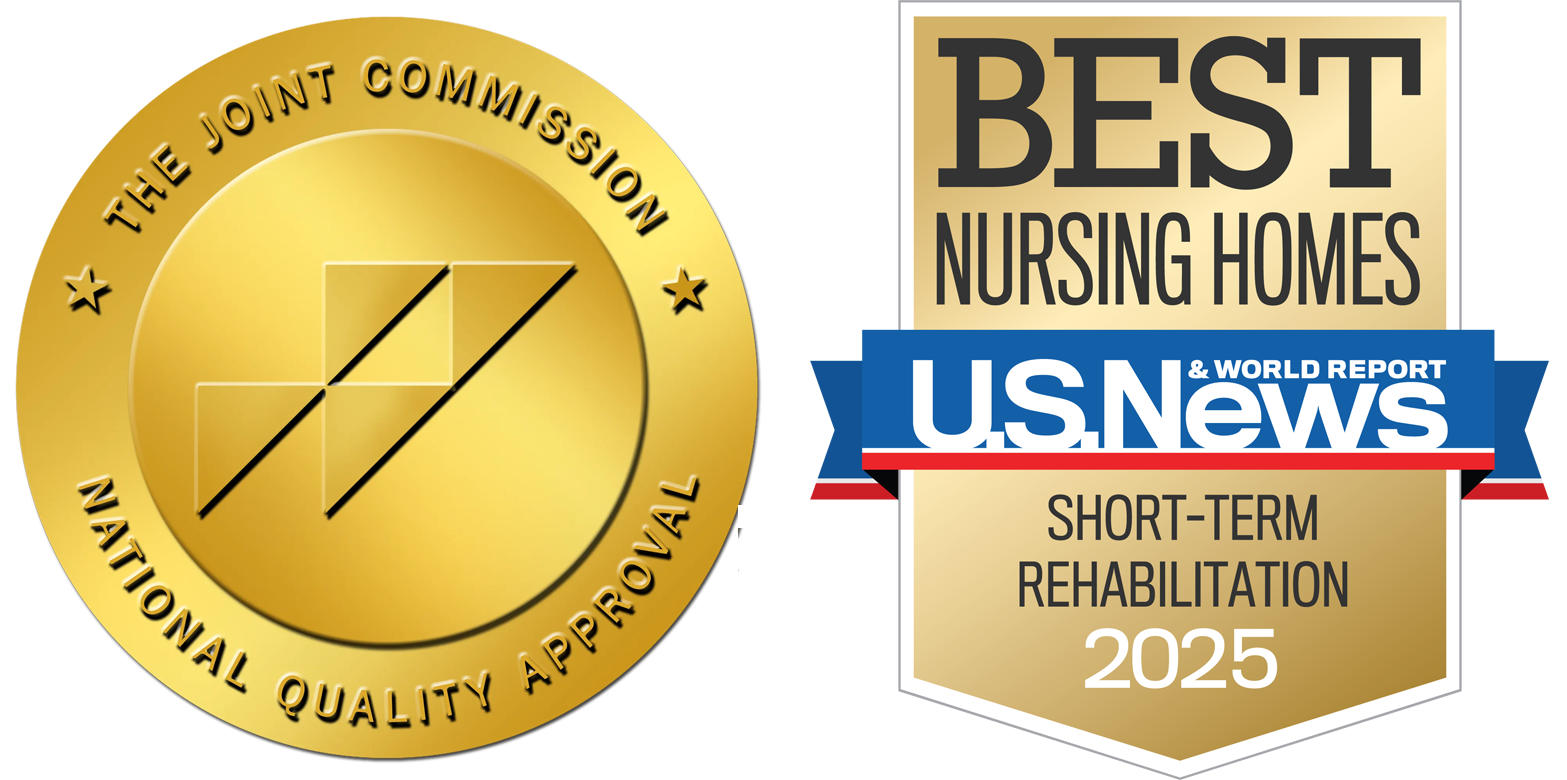As we age, our nutritional needs change. A healthy diet in our younger years may be inadequate for maintaining good health as we age. This is because as we age, our bodies undergo many changes, including:
- Decreased digestive function
- Lower Calcium absorption
- Decreased metabolism
- Increased risk of disease and infection
- Changes in hormone levels
The older we get, the more sensitive our bodies become to certain nutrients and vitamins.
Vitamin B12 is a common example of this. Vitamin B12 is essential for normal nerve function and red blood cell production. As we age, our ability to absorb vitamin B12 can decrease, so many older people take supplements or eat foods fortified with the vitamin.
Since our nutritional needs change as we age, it’s important to know how to meet those needs to stay healthy and avoid many common age-related health concerns.
Increase Dietary Protein and Exercise
Protein is an essential nutrient that helps build and repair tissues in the body. It also plays a role in transporting substances through the bloodstream and is needed for healthy hair, skin, nails, and muscles.
As we age, muscle mass decreases due to less physical activity and muscle protein synthesis. Increasing your dietary protein intake, exercising, and stretching help to prevent this muscle mass loss. Protein helps build and repair damaged tissue, making it an essential nutrient for people over 50.
Increase Vitamin and Micronutrient Intake
You may have trouble absorbing certain vitamins and minerals because of dental problems or medications that interfere with digestion (like antacids). You might also have trouble digesting food properly if you’re taking medications that affect the kidneys or liver function.
Your body processes vitamins and minerals differently than it did when you were younger. As we age, our bodies are less able to absorb nutrients from food such as vegetables and fruits. That’s why older adults take vitamin supplements or multivitamins daily.
Decrease Sodium Intake
As we age, our kidneys might not work as well as they once did. This could make it more difficult for your body to remove extra salt from your diet — especially if you’re eating processed foods high in sodium.
Watch out for these hidden sources of sodium:
- Processed meats like bacon, hot dogs, and sausage
- Canned vegetables and soups
- Frozen dinners such as pizza or chicken nuggets
- Salty snacks like chips and pretzels
Opt for low-sodium foods whenever possible. Carefully check nutrition labels when shopping for groceries.
Maintaining Good Nutrition as You Age — Tips from Orlando Retirement Communities
Eating healthy as you grow older is achievable. With a bit of planning and an open mind, you’ll be able to meet your nutritional needs without sacrificing taste or enjoyment. It doesn’t have to be a drastic change — it’s about making small changes for long-term gain.
Choosing from the area’s Orlando retirement communities can make it easier to maintain good nutrition as you age, as independent living near Orlando offers dining options and wellness programs that make it easy to maintain a healthy diet.






